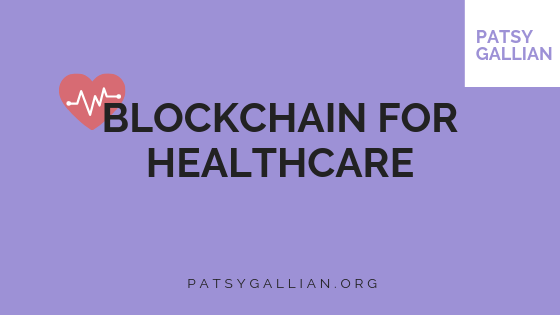Blockchain has become quite the buzzword over the past year or so, and for good reason. The technology is set to disrupt the way dozens of industries are run. One such industry, and the industry that poses the greatest potential when teamed up with the new technology, is healthcare.
But let’s back up for a moment and discuss the basics of blockchain. According to BlockGeeks.com, blockchain is “a time-stamped series of immutable record of data that is managed by a cluster of computers not owned by any single entity. Each of these blocks of data (i.e. block) are secured and bound to each other using cryptographic principles (i.e. chain).” Basically, blockchain is a digital ledger of transactions that cannot be edited or falsified since one change would be clear when analyzing the entire chain.
So, what does this mean for healthcare? Experts predict that the use of blockchain in the health sector could increase patient access by lowering the current cost of treatment.
Blockchain has the potential to create a bridge between the numerous EHR silos, make patient’s data easier to access and more secure, and ease the process of revenue cycle reconciliation and supply chains. Furthermore, blockchain could sync data from patient health trackers, such as their Apple Watches or Fitbits, to their ERHs for enhanced care and treatment.
The technology has also found its way into clinical trials. Recently, a German pharmaceuticals company joined up with IBM to explore if blockchain could demonstrate if data accurately holds up in a decentralized framework. If successful, they present an opportunity for blockchain to increase patient safety and improve the success of clinical trials.
Further increasing patient’s safety, blockchain is also poised to be the answer to healthcare’s growing concern towards cyber security. The ledger-like component of blockchain would present a clear track record who had been accessing health records, but also anonymize patient records in a way that safe, but still easy to access to those with credentials.
For many, blockchain is the disruption the healthcare industry needs. With its enhanced transparency and its accessibility widened beyond the scope of just professionals or medical companies, patients may be able to see reduced costs within the industry, better healthcare, and more effective and personalized treatments. Others, however, are more cynical about the technology, citing that it is difficult for many to understand and without education patients may not have heightened accessibility at all.
Regardless of where you stand on the issue, it’s clear to see that technology is rapidly changing the healthcare arena as we know it. How we implement such innovations will be the key to their success.

